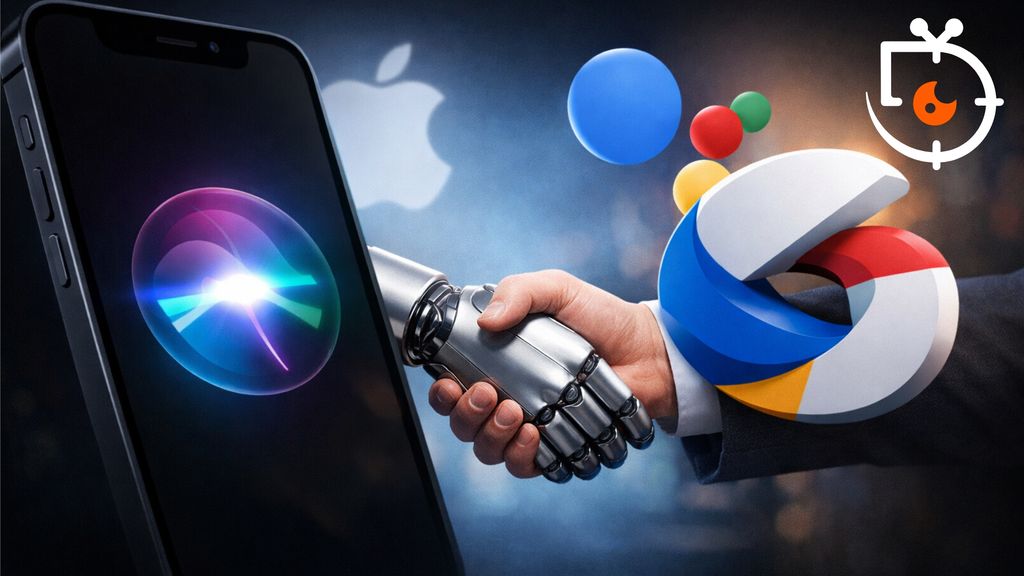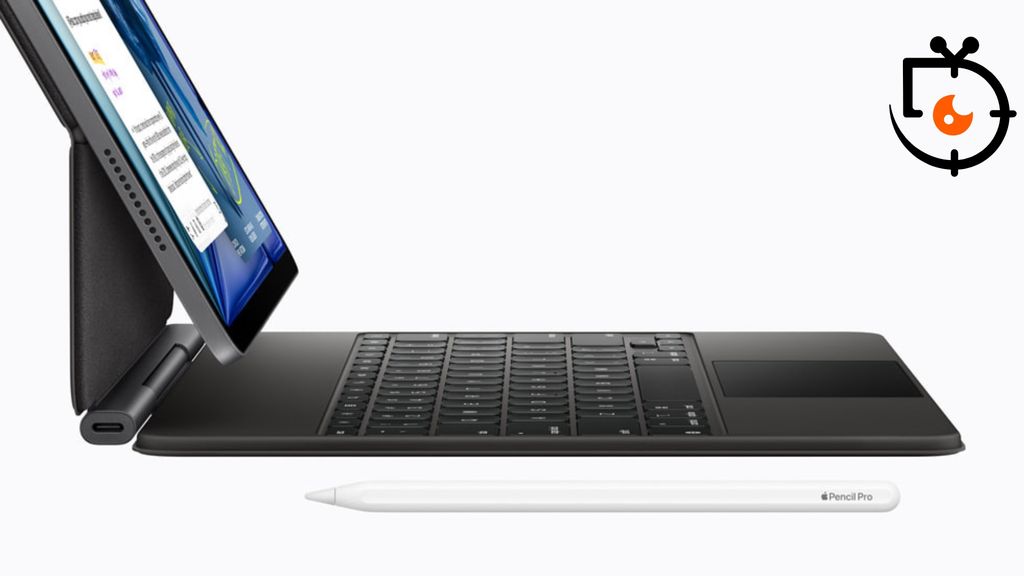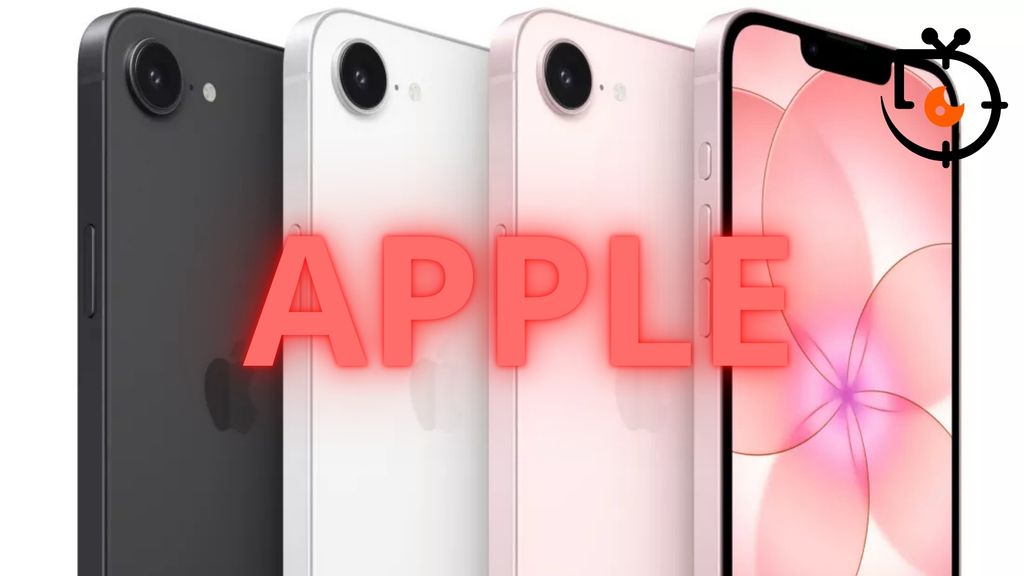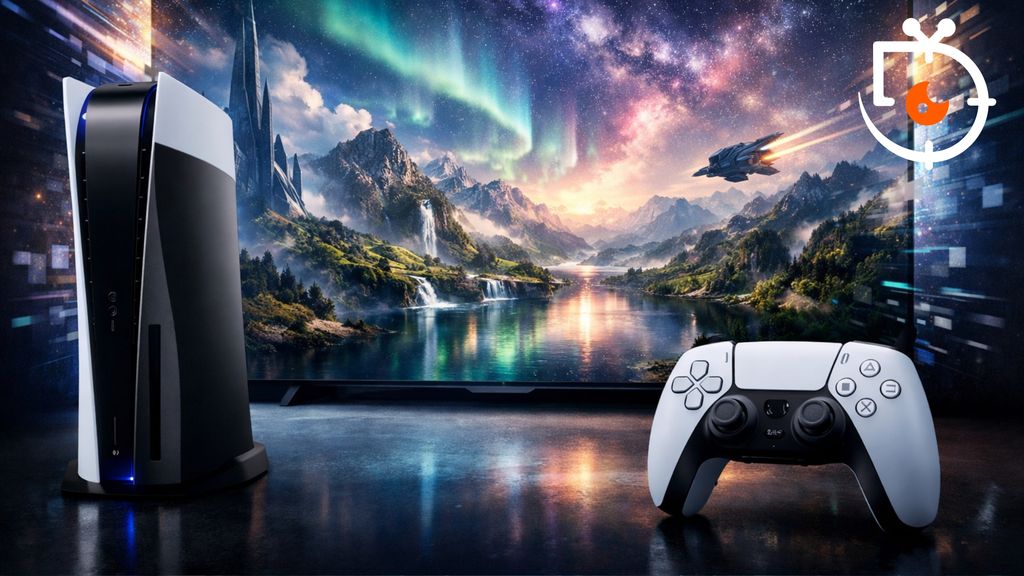
Apple likes to talk about "revolution" and "breakthrough". And indeed, the new feature in the AirPods Pro 3 headphones sounds like a script straight out of science fiction movies. Real-time translation, powered by Apple Intelligence, is a solution that could change the way we communicate while travelling or during international meetings. However, in this race of technology, the giant from Cupertino is not actually a pioneer – the first were the Poles.
AirPods Pro 3 and Apple Intelligence – the end of language barriers?
During the “Awe Dropping” event, Apple unveiled the AirPods Pro 3, the third generation of the world's most popular in-ear headphones. This time, the novelty does not concern sound quality or design, but rather a real-time translation feature. Thanks to it, a user who speaks only English can easily understand a salesperson in a Spanish shop and immediately respond in their own language.
The most interesting scenario is where two people with AirPods Pro 3 are talking to each other – each in their own language, while the headphones automatically translate the statements, eliminating the barrier. The system is activated by tapping both headphones and works based on Apple Intelligence, which recognises the language, suppresses the voice of the conversation partner, and instantly plays the translation in the user's ear.
Apple boasts that thanks to ANC (active noise cancellation), the conversation sounds natural and does not require additional concentration from the user. It is this “futuristic fluidity” that is said to be the biggest advantage of the solution.
Beta tests and limitations – not for everyone
There is, however, a catch. The translator in AirPods Pro 3 will initially support only five languages: English, French, German, Portuguese, and Spanish. Polish is missing from this list, and additionally, Apple has disabled access for users from the European Union – at least at the start.
Additional languages – such as Italian, Japanese, Korean, or Chinese – are expected to be added by the end of 2025. The feature also requires an iPhone 15 Pro or a newer model running iOS 26, as the entire translation process takes place locally on the device. Fortunately, the update will also include owners of AirPods Pro 2 and AirPods 4.
Apple is thereby entering into direct competition with Google (Pixel Buds) and Samsung (Galaxy Buds), which had previously experimented with similar features.
Poles Were Quicker – The Story of ChooseTV Electronics
In this context, the story of the Polish company ChooseTV Electronics is particularly interesting, as it has been developing its own translation systems for years. Founded in 2008 by Maciej Góralski, the company based in Kraków designs and sells mobile translators used by medical services, law enforcement, and even the military. Its solutions have been used by Scotland Yard, US military bases in Hawaii, and European public institutions, among others.
ChooseTV operates today in 25 countries across four continents and regularly appears at the largest technology fairs. During this year's CES in Las Vegas, the Polish company made a genuine splash. Its latest Translator Q1 not only allows translations in over 70 languages but also clones the user's voice and selects the gender of the speaker.
As a result, the interlocutor hears the translation in a voice that sounds natural—as if the person themselves were speaking. Moreover, the Call Translator function enables phone conversations in real-time in over 50 languages. The built-in SIM card provides global internet access without additional roaming costs.
– ChooseTV devices stand out for their translation quality, number of languages, and ease of use. With voice cloning and phone conversation translations, we are setting new standards in the industry – emphasises Tomasz Stomski, Chief Product Officer of the company.
Apple vs Vasco – two visions of the same future
Apple introduces a language translator in a mass device that will reach millions of users around the world. Vasco, on the other hand, has been developing specialised tools for years, which are already used in the most demanding environments – from hospitals to the military.
Although Apple will dominate the headlines marketing-wise, the facts remain unchanged – in the field of simultaneous translations it was the Poles who were first.
Source: cyfrowa.rp.pl
 Katarzyna Petru
Katarzyna Petru













